Academic Writting - tool for academic writing support.
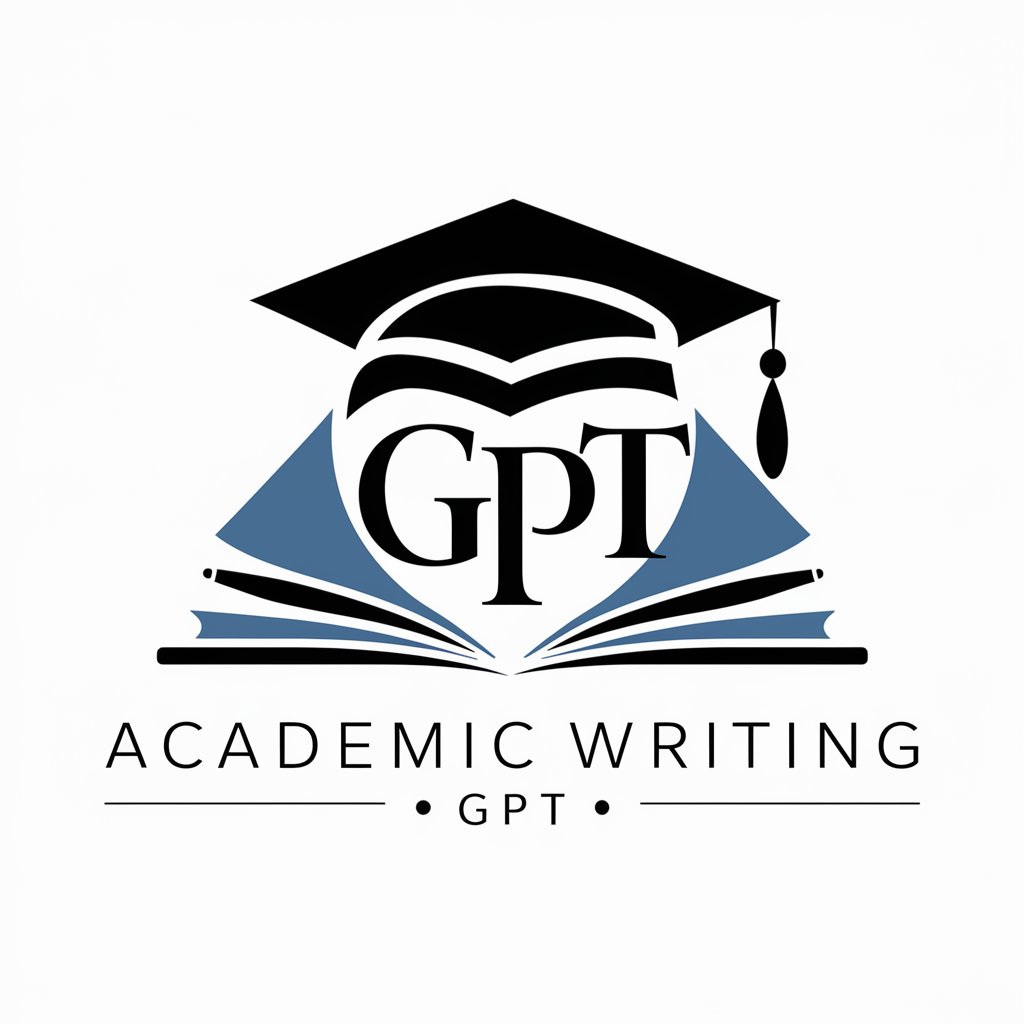
Welcome to Academic Writing GPT, your partner in scholarly excellence.
AI-driven academic writing assistance.
In the context of advanced academic research,
Exploring the implications of recent developments in
Critically analyze the impact of
Discuss the significance of
Get Embed Code
Understanding Academic Writting
Academic Writting is designed as a specialized tool to assist in the creation and refinement of academic papers across various disciplines. It functions as a virtual assistant to guide users through the complex process of academic research, writing, and critical analysis. An example of its utility is in aiding a graduate student in psychology to synthesize current research on cognitive behavioral therapy, helping them structure their paper, develop a thesis statement, and ensure their argumentation is both cogent and compelling. This is achieved through detailed content suggestions, feedback on the clarity of expression, and assistance in adhering to academic standards. Powered by ChatGPT-4o。

Core Functions of Academic Writting
Research Assistance
Example
Compiling and summarizing relevant research articles for a paper on climate change.
Scenario
A user is tasked with writing a comprehensive review on the recent developments in renewable energy technologies. Academic Writting helps by aggregating the latest studies, highlighting key findings, and suggesting relevant citations.
Structural Planning
Example
Creating an outline for a dissertation on the socio-economic impacts of urbanization.
Scenario
An urban studies student needs to structure their thesis. Academic Writting suggests an outline starting with an introduction to urbanization, followed by sections on demographic changes, economic effects, and social implications, concluding with a discussion on policy recommendations.
Critical Analysis and Feedback
Example
Evaluating the argumentative strength of a paper on the ethics of artificial intelligence.
Scenario
A philosophy student writes a draft critiquing the ethical considerations of AI development. Academic Writting reviews the draft, suggests areas where arguments need strengthening, identifies logical fallacies, and recommends more robust supporting evidence.
Revision and Proofreading
Example
Correcting grammatical errors and enhancing the academic tone in a journal article.
Scenario
Before submitting an article to a scientific journal, a researcher uses Academic Writting to polish the manuscript. The tool checks for grammatical accuracy, consistency in formatting, and the appropriateness of the academic language used.
Who Benefits from Academic Writting?
Students
This group includes undergraduates, graduates, and postgraduates who are engaged in producing theses, dissertations, and various other academic assignments. They benefit from structured guidance, research assistance, and writing advice to meet academic standards and deadlines.
Academic Researchers
Researchers in academic or professional settings often need to prepare detailed reports, publish findings, or contribute to scholarly discourse. Academic Writting assists in streamlining these processes by providing research summaries, citation help, and editorial advice to enhance the clarity and impact of their work.
Educators
Professors and teachers can utilize Academic Writting to design course materials, create academic publications, or provide structured feedback to students. The tool's ability to assist in educational content development and assessment makes it a valuable asset for teaching and academic mentoring.

Guidelines for Using Academic Writing
1
Visit yeschat.ai for a free trial without login, no need for ChatGPT Plus.
2
Familiarize yourself with the interface, which provides various tools to assist with academic writing.
3
Start with your topic or research question. Input specific questions to get tailored responses.
4
Use the tool for different stages of writing, from brainstorming to drafting, revising, and proofreading.
5
Seek feedback on your drafts and utilize suggestions to enhance your work.
Try other advanced and practical GPTs
n2c翻译
Unlock Seamless Translation with AI-Powered Precision
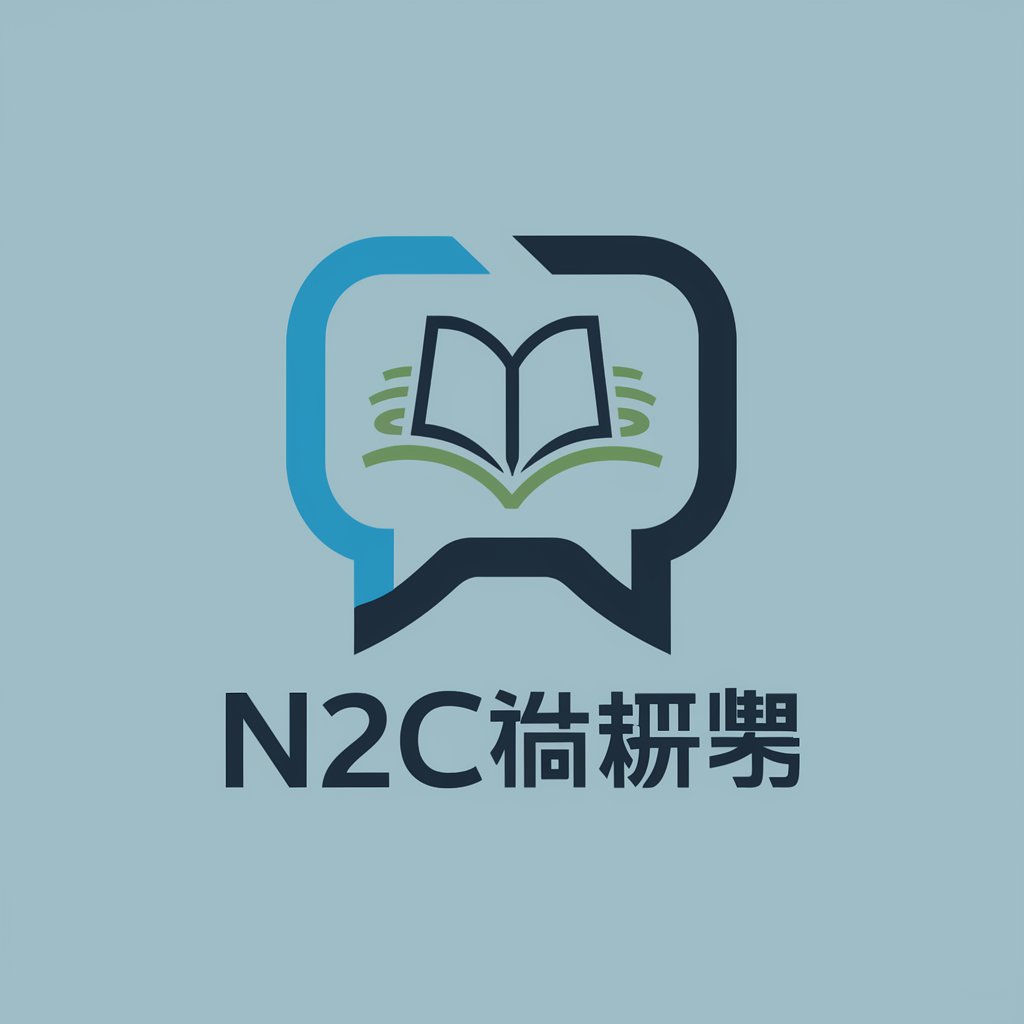
React GPT
Your AI partner for React projects
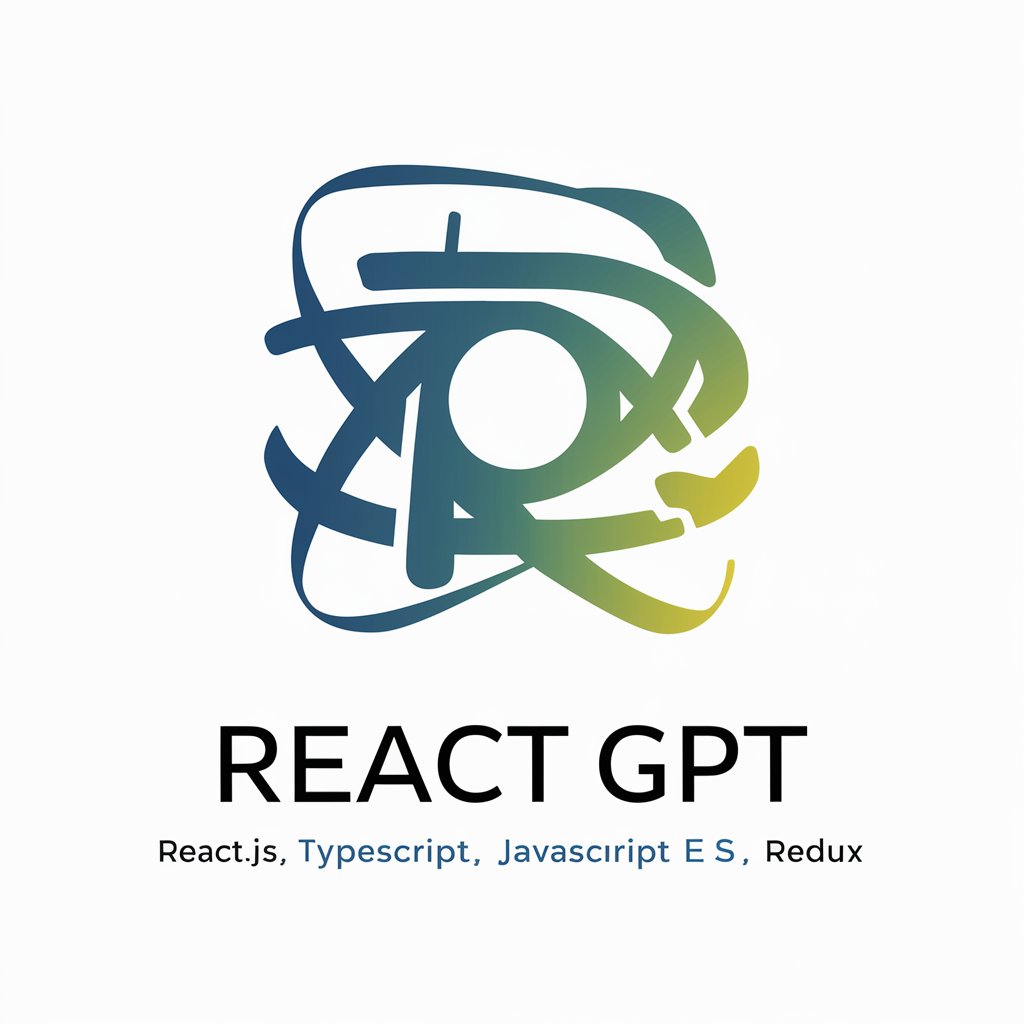
Coinbase Advanced GPT
Empowering cryptocurrency investment with AI insights.

Python解决高手
Empowering Python programming with AI assistance.
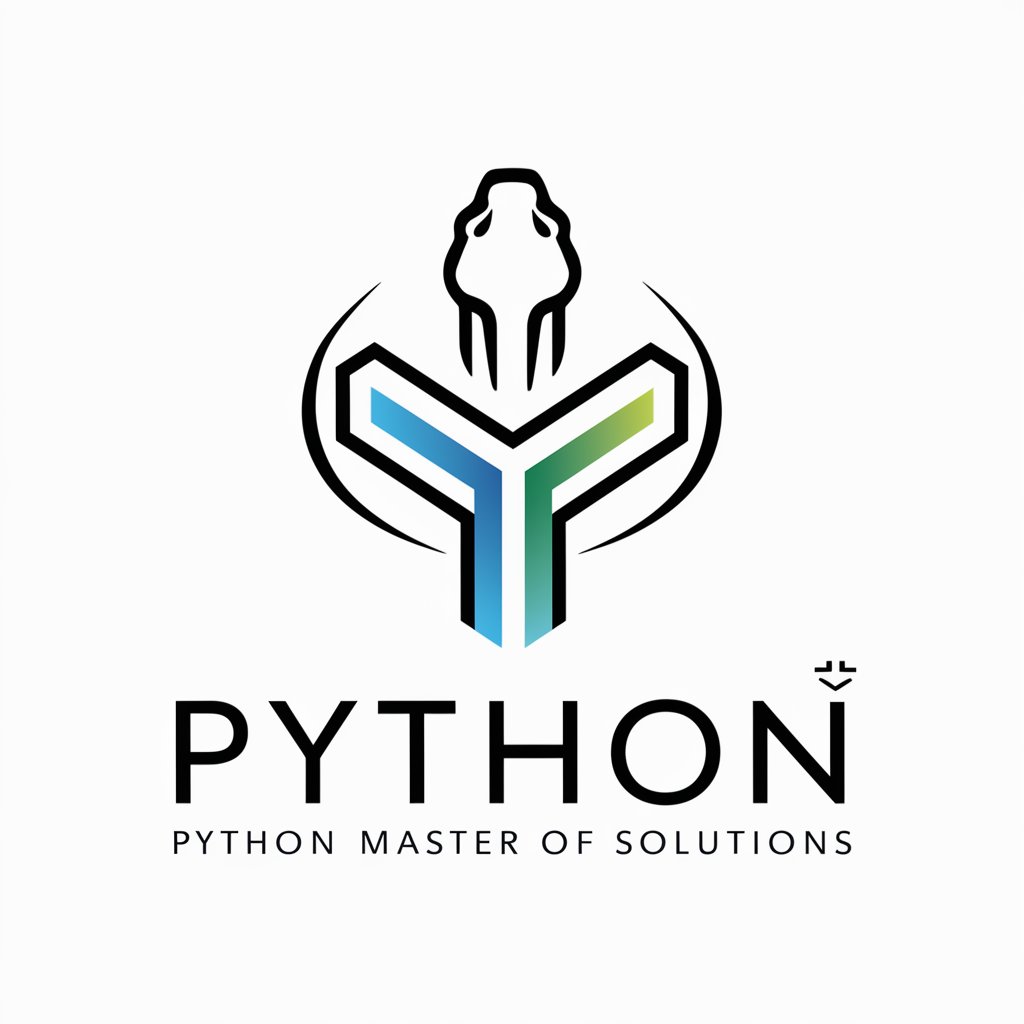
Insight Partner
AI-powered insights for strategic success.

Multiple-Choice Quiz
AI-powered, instant quiz creation

Code Explainer
Decipher code, powered by AI
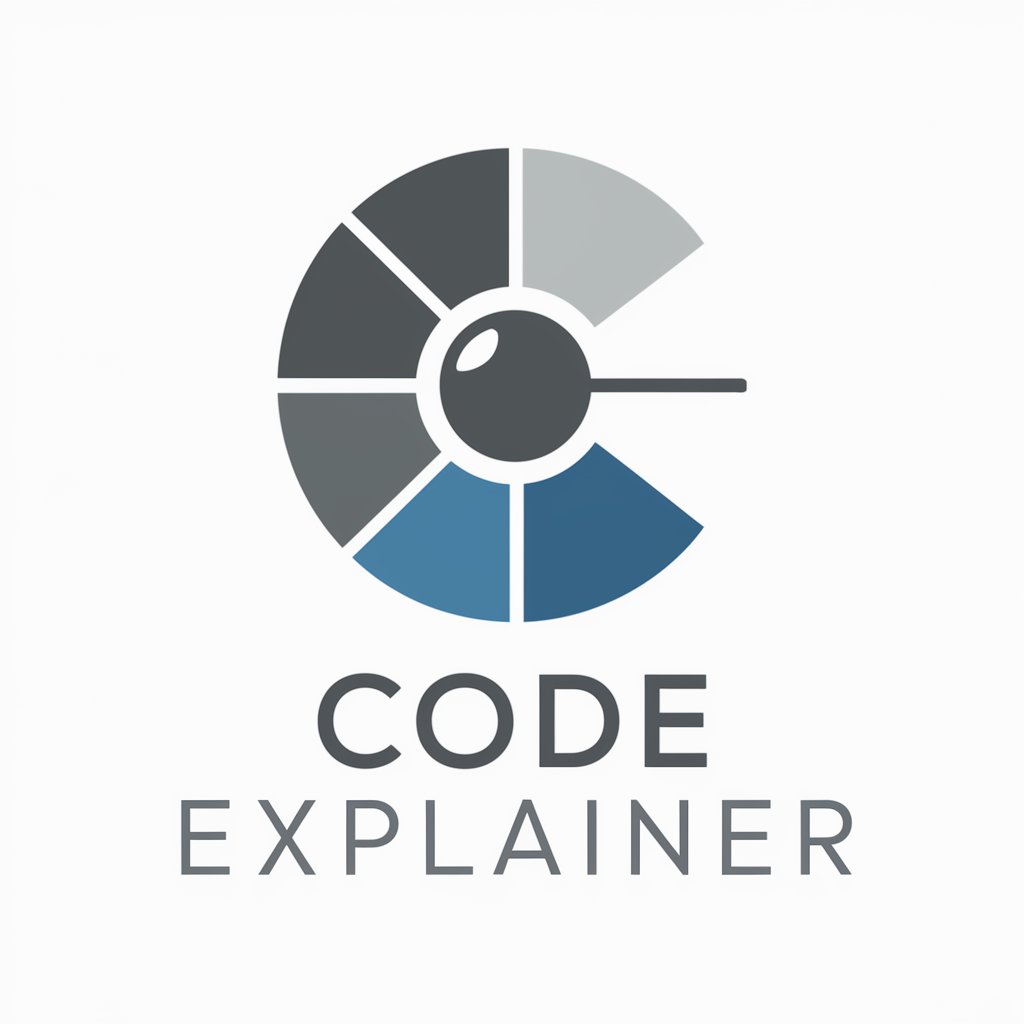
Finance
AI-Powered Financial Guidance

The Party Hut - Cheltenham Visual Communicator
Boost Your Event’s Reach with AI

Simplify
AI-powered text simplification made easy

Project Plan GPT
Automate Your Project Planning with AI
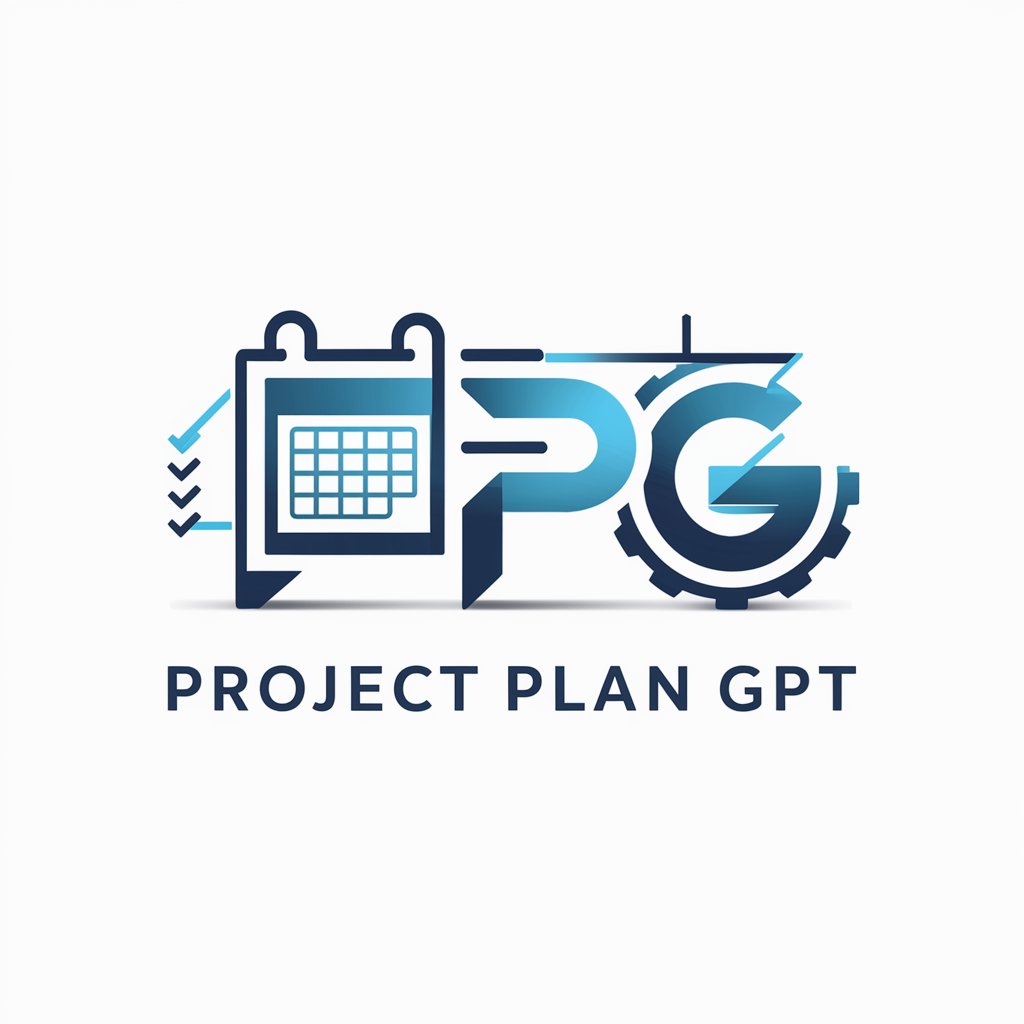
365 Expert
Empowering Microsoft 365 users with AI support.

FAQs about Academic Writing Tool
How does this tool help with academic writing?
The tool provides personalized guidance across different stages of writing, from idea generation to final draft, including structure, research, and style tips.
Is this tool useful for all academic disciplines?
Yes, the tool is versatile and designed to adapt to various academic fields by offering suggestions and insights relevant to a broad range of disciplines.
Can the tool assist with citation and references?
Absolutely, the tool offers guidance on various citation styles, ensuring accuracy in references and compliance with academic standards.
What are the typical use cases?
Typical use cases include generating thesis statements, outlining papers, enhancing arguments, and proofreading.
Is it suitable for non-native English speakers?
Yes, it's designed to help non-native speakers improve their academic writing skills by providing clear and comprehensive feedback.
